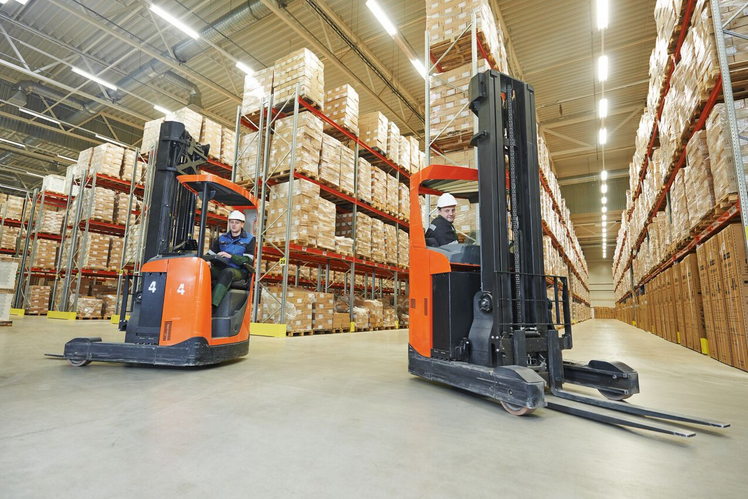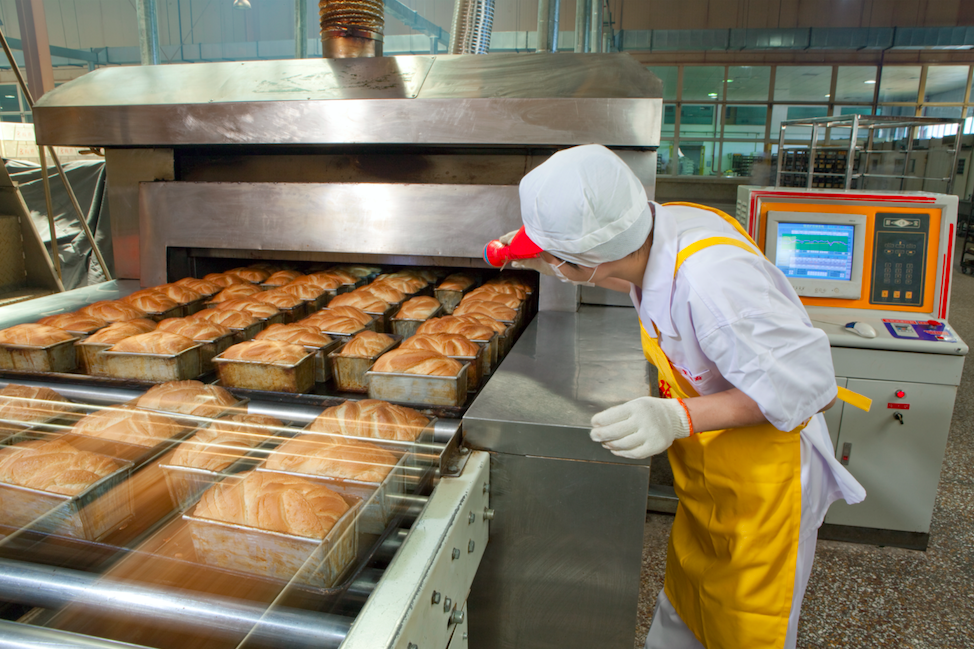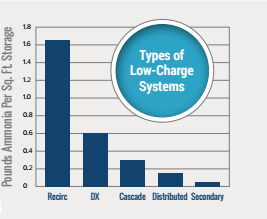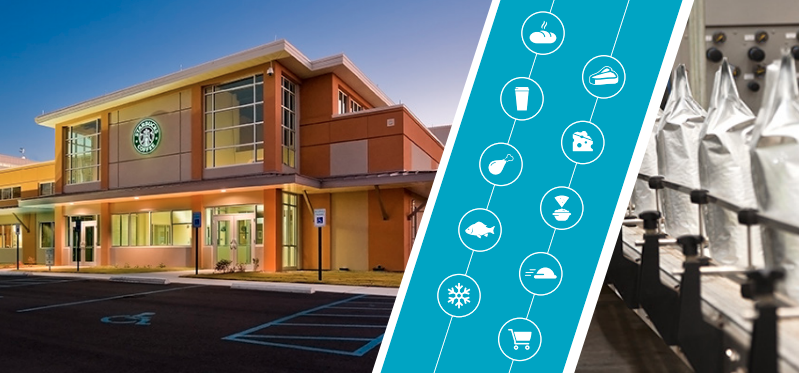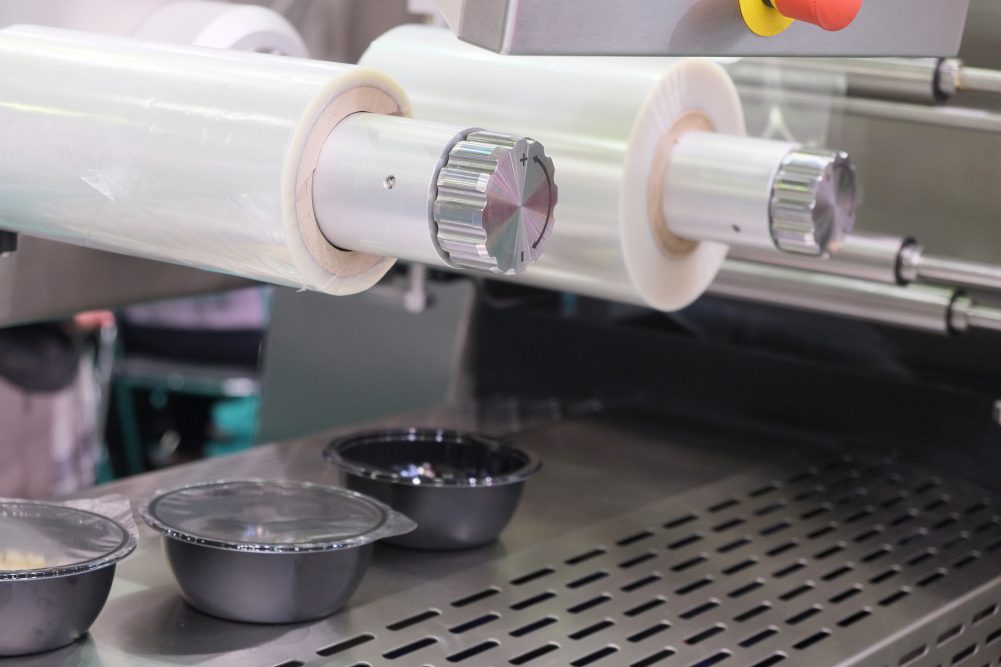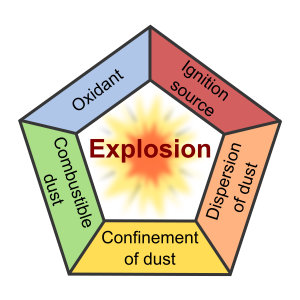What’s Next in Dairy? From Probiotics to Premium Flavors and Drinkable Yogurt
This week our peers gathered to discuss the latest in the dairy industry at Dairy Forum 2017. The International Dairy Foods Association event brings together farmers, processors, regulators and dairy executives to network and examine industry trends — and there’s a lot to talk about.
Continue Reading “What’s Next in Dairy? From Probiotics to Premium Flavors and Drinkable Yogurt”





